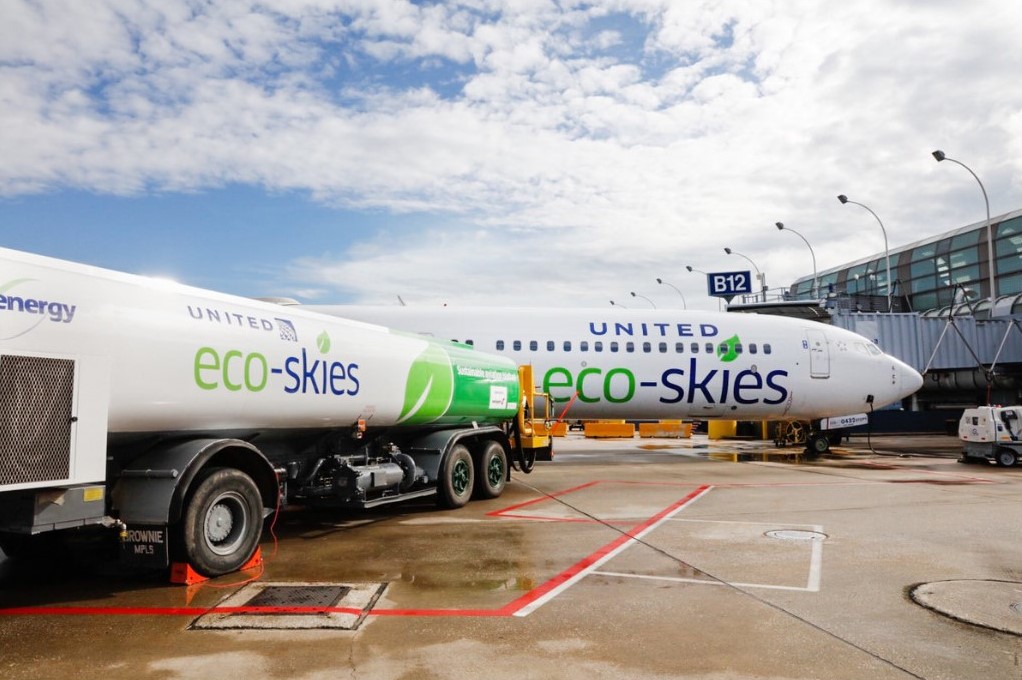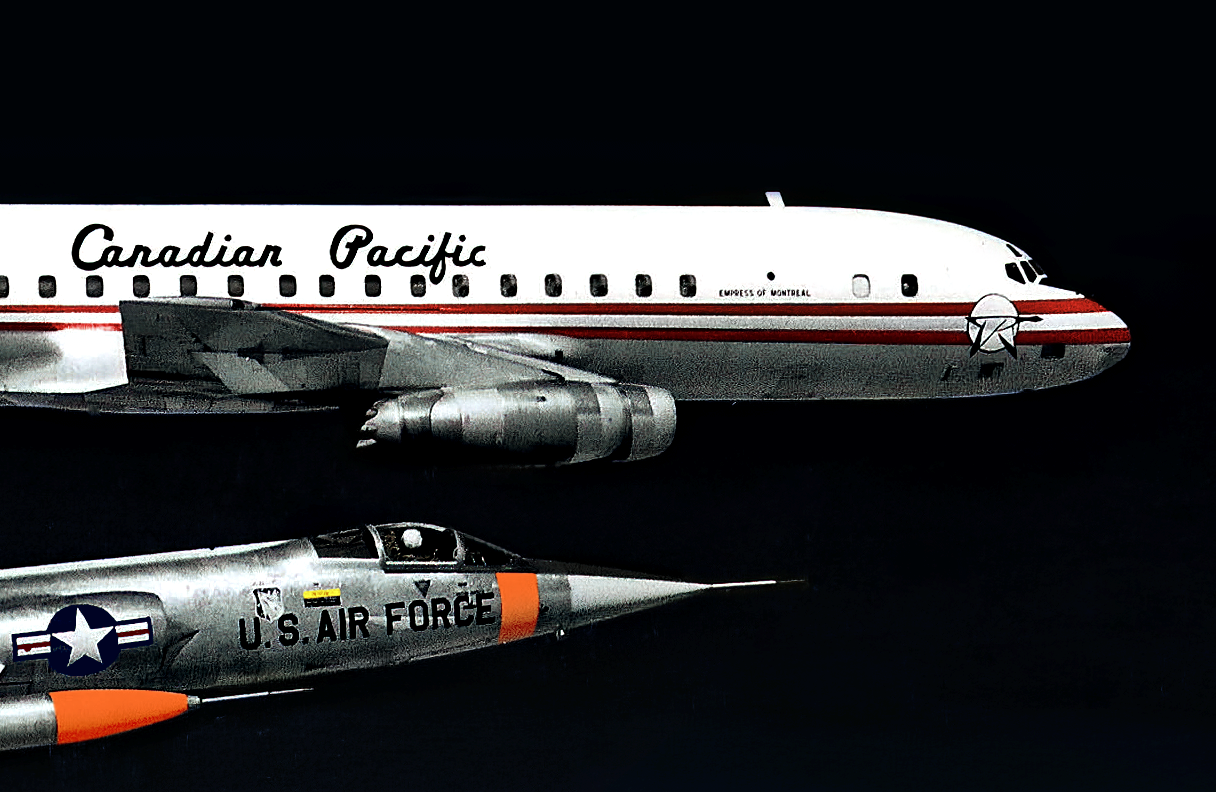Airlines welcome push for global government goals on aviation carbon
05 October, 2019
3 min read


Airlines have “strongly welcomed” a move by the UN-backed International Civil Aviation Organization to consider a long-term goal for reducing international aviation carbon emissions.
The industry has for a decade had a long-term goal to cut aviation emissions to half the levels of 2005 by 2050 but this is the first time ICAO member states have agreed to look at a long-term aspirational goal for governments.
The 40th assembly of ICAO also passed a resolution that reaffirmed and strengthened its support for the world’s first global carbon offsetting scheme, The Carbon Offsetting and Reduction Scheme for International Aviation (CORSIA).
CORSIA will allow the industry to cap emissions from 2020 by offsetting those from growth and is expected to generate about $US40 billion in aviation-funded climate spending by 2035.
READ: NASA to fly first crewed X-plane in two decades.
The move comes as a new survey indicates the “flight shaming” movement led by Swedish activist Greta Thunberg is beginning to bite.
The UBS survey of more than 6000 respondents showed that one in five in the US, France, Britain and Germany had cut air travel by at least one flight in the past year due to climate concerns.
It also found an increase in the percentage of people thinking of reducing their flying had risen from 20 percent in May to 27 percent in the latest survey and predicted the trend would continue.
It predicted growth in the European Union could fall to about half that predicted by manufacturer Airbus.
Ironically, aviation, which accounts for about 2 percent of carbon emissions, is one of the few sectors taking a determined global approach to carbon emissions and climate change.
International Air transport Association director general Alexandre de Juniac said sustainability was critical to earning aviation’s license to grow and spread “it’s many economic and social benefits”.
“Decarbonizing the sector is a major challenge,’’ de Juniac said. “ Our focus is on cutting emissions to half 2005 levels by 2050 and we are making consistent progress. Flying today is 17.3% more fuel-efficient than a decade ago.
“From 2020—with the help of CORSIA—the sector’s growth will be carbon neutral.
“The strong support of governments for developing a UN-backed long-term goal for reducing emissions would support us in those efforts and take us to the next step.
“National policy measures aligned to a global long-term emissions reduction goal will enable the industry to work even more effectively on crucial opportunities like commercializing sustainable aviation fuels and more efficient air traffic management,”
De Juniac said the ICAO assembly had sent a clear message that governments were committed to CORSIA and wanted to broaden participation from the voluntary stage.
“We look forward to seeing these commitments delivered as CORSIA begins—particularly by those states that are undermining CORSIA with additional taxes or charges,” he said.
Other ICAO decisions welcomed by IATA included a move to develop a passengers with disabilities work program, the endorsement of the One ID concept and a resolution urging states to ratify the Montreal Protocol of 2014 on unruly passengers.
On the issue of drones, ICAO called for the urgent consideration of a high-level body involving industry to provide advice to the ICAO Council.
This would include issues such as the integration of drones into airspace.
Get the latest news and updates straight to your inbox
No spam, no hassle, no fuss, just airline news direct to you.
By joining our newsletter, you agree to our Privacy Policy
Find us on social media
Comments
No comments yet, be the first to write one.

